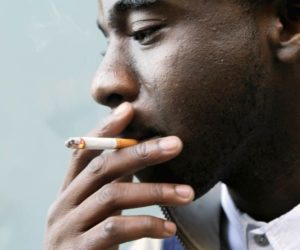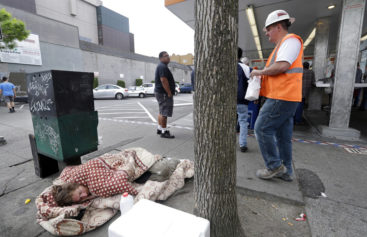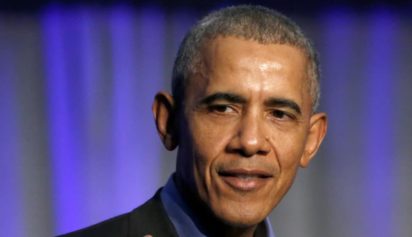The federal government just gave agencies across the nation 18 months to tell its public housing tenants they can’t smoke anymore.
On Wednesday, the Obama Administration announced a nationwide ban on smoking in public housing developments, citing growing concerns over asthma and other illnesses brought on by secondhand smoke.
The new rule prohibits all tobacco lit products — cigarettes, cigars and pipes — in living units, indoor common areas and all outdoor areas within 25 feet of housing and administrative office entrances, CBS News reported. E-cigarettes, better known as vapes, are still permitted, however.
The Department of Housing and Urban Development has long pressed public agencies to implement smoking bans in an effort to prevent $153 million each year in costly repairs, preventable smoke-related fires and rising health care costs reported by the Centers for Disease Control and Prevention.
Close to 228,000 public housing units were already smoke free, CBS News reports, but the new ban would expand that to over 940,000 units.
“Every child deserves to grow up in a safe, healthy home free from harmful secondhand cigarette smoke,” HUD Secretary Julián Castro said.
CDC Director Tom Frieden echoed Castro’s sentiments, asserting that a smoking ban could ultimately save millions of dollars and millions of lives.
“No level of secondhand smoke exposure is safe, and the home is the primary source of secondhand smoke for children,” Friedan said.
While the feds seemingly had good intentions by enacting the new ban, the people it would impact the most expressed worry about how they’d be criminalized for smoking a cigarette or two. Not to mention, many residents were put off at the idea of the federal government telling them what they can and can’t do in their own homes.
“What are you gonna do, start locking people up for smoking?” asked 35-year-old New York City Housing Authority tenant Jonathan Smith.
Karen Jones, 50, a longtime smoker and tenant at the Ingersoll Houses in Fort Greene, Brooklyn, scoffed at the idea of a ban and said, “You can’t tell us to stop smoking in our own house where we pay rent.”
According to the New York Daily News, the punishment for tenants caught smoking would be determined as individual public housing authorities saw fit. Rules of the ban state that any tenant caught lighting up in a smoke-free zone could be found in violation of their lease and/or face unspecified penalties. Worst case scenario? Eviction.
The HUD’s Resident Characteristics Report showed a large majority, 45 percent to be exact, of public housing households were headed by African-Americans; 25 percent were headed by Latinos. The federal agency pointed out many people who reside in public housing developments also get Section 8 assistance. Thus, low-income minority families would be faced with a tough situation if they were put out over a lit cigarette.
During this transition, public housing agencies are expected to iron out the details of the new ban with tenants during the 18-month “implementation period,” the New York Daily News reported.
“This policy is not intended to force anyone to move out of public housing, but instead to offer safe, decent and sanitary housing for all populations,” HUD officials stated.
The smoking ban is scheduled to take effect sometime next year.



